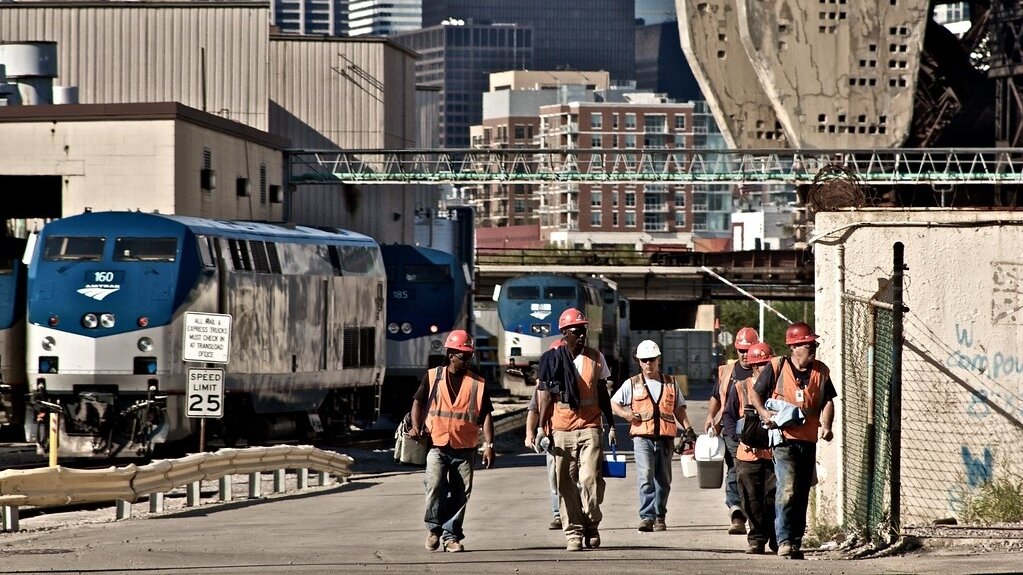The Future of Work is Bright in Illinois if We Follow Task Force Recommendations
The Illinois Future of Work Task Force just released its report and recommendations for growing the Illinois economy in ways that provide quality jobs for all workers. The future is ripe with opportunity if its recommendations are implemented and incorporated into local and regional plans.

Last week, the Illinois Future of Work Task Force released its report that provides a roadmap for how the state can help ensure that future jobs in Illinois provide all workers with wages and benefits that grow the middle class. Metropolitan Planning Council served as one of three academic partners charged with creating policy recommendations and a report that is grounded in research, best practices, and stakeholder perspectives from many Illinois sectors. Jobs and work are a critical component of healthy and vibrant neighborhoods, cities, and regions. The recommendations, if implemented, will make Illinois a leader in growing an inclusive and equitable economy for all workers and regions in the state.
We encourage you to read MPC’s Future of Work blog series, which highlights many recommendations in the report that can help Illinois address some longstanding challenges to its workforce and economy, including water infrastructure, transportation, small business development, and the impacts of technology on work.
Key Recommendations That Will Make Illinois an Innovator in Equitable Job Growth
1. Job Quality. The report calls for the state to adopt a job quality measurement, which would be used as a mechanism to award state funding. This would ensure that funding would go explicitly toward creating living wage jobs with strong benefits and working conditions.
2. Expand Benefits. Benefits should be extended to more workers through models that are not tied to a particular job and cover any worker, including independent contractors and other non-traditional workers.
3. Enforcement Strategies. Fund, pilot, and evaluate co-enforcement strategies in sectors with high instances of workplace violations.
4. Preparing Future Workers. Expand equitable access to education and training programs for K-12 and post-secondary students to help close the racial gap in access to high-growth career pathways.
5. Transportation and Infrastructure. Fully fund a water workforce to update water infrastructure, and ensure that the state funds transportation projects that provide excellent access to jobs
Why MPC is Optimistic About the Future of Work and Workers in Illinois
The COVID-19 pandemic impacted workers across the State of Illinois, but workers of color were hit especially hard. Prior to the pandemic, vulnerable populations were already feeling the pressure of an economy that has seen polarized job growth—growth in high and low-wage jobs and a shrinking of middle-wage jobs. Illinois BIPOC residents, immigrants, people with disabilities, and formerly incarcerated individuals are especially vulnerable to disproportionate segmentation into lower-wage jobs. At the same time, these same vulnerable populations experience the greatest challenges with water infrastructure and transportation access. The Future of Work in Illinois report lays out explicit recommendations for how the state can grow the workforce in ways that address these longstanding challenges. As cities and regions plan for a long-term recovery from the COVID-19 pandemic, the report’s recommendations provide a roadmap for how our region can be a leader in improving infrastructure and equitable access to quality jobs.
